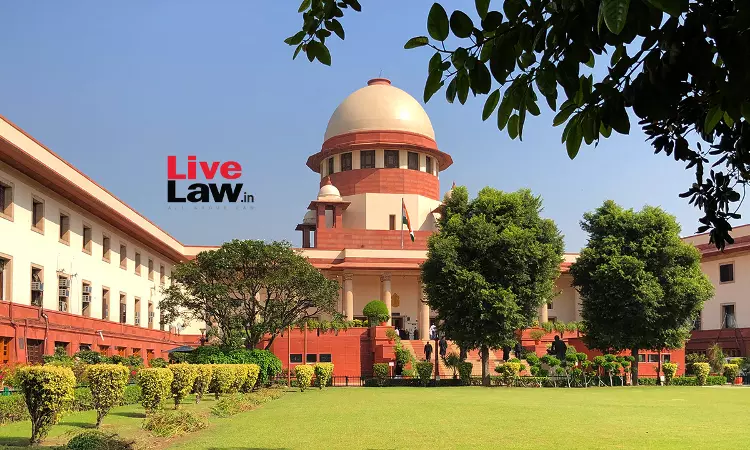The Supreme Court on Friday (February 2) raised doubts about the viability of its earlier directions which mandate that retired judges should appear in a written examination for appointment as President and Members of State and District Consumer Commissions.A bench comprising Chief Justice of India DY Chandrachud, Justices JB Pardiwala and Manoj Misra was hearing a batch of Special...

